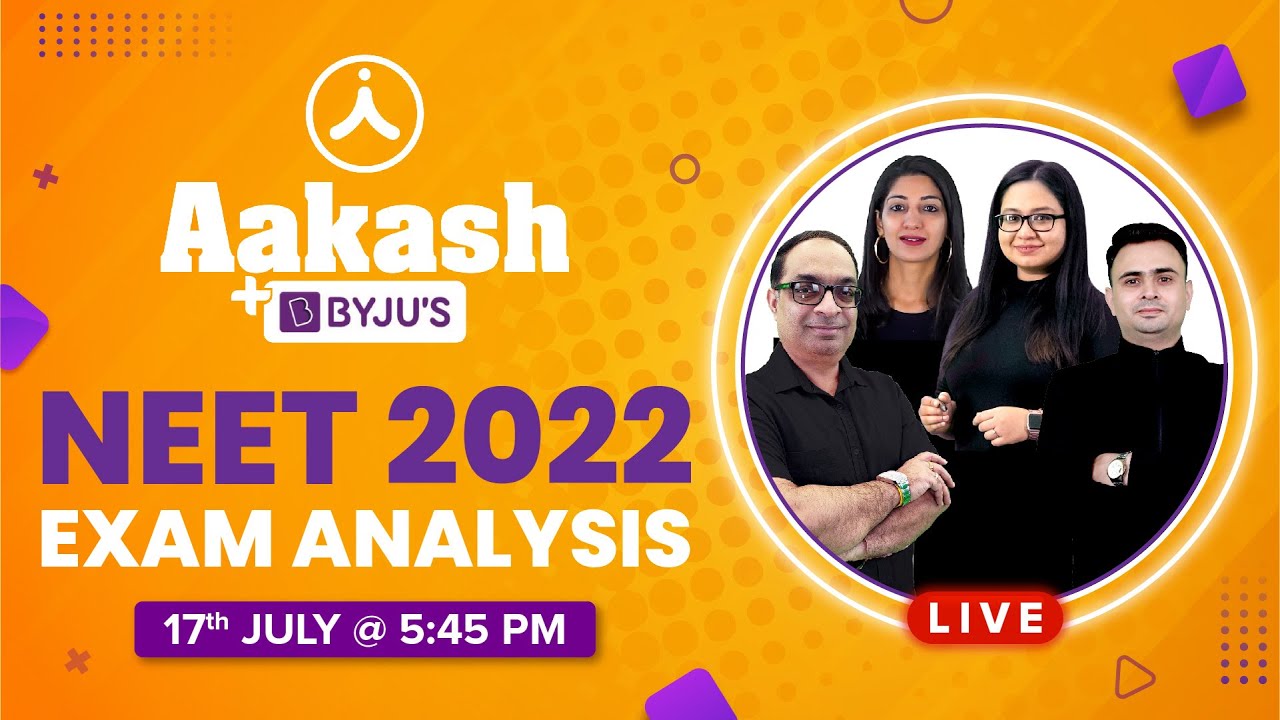One of the nightmares that students have often is forgetting what they learnt in the nick of time, in the exam hall. Memory gives up. With exams fast approaching, it is time to change gears. In order to achieve good results, revision is undoubtedly key. However, revision demands the right strategy, else it can go in vain.

With this post, we bring answers to various frequently asked questions around revisions and hence enlighten students to pick up the best strategies out there to revise effectively.
Best Time To revise
While techniques come into play, time pops up before anything else. So, when exactly is the best time to revise?
- Time of the day – that time of the day is best suited for revision for you when you are most active. In most cases, it is early morning. This is the right time to catch up on learnt concepts, read facts. Revision must be done when you are most focused and alert
- Time out – inculcating periodic breaks allowing your memory to recover is important. This act helps absorb information efficiently. It would be best if the content is revised, you have slept over it and reviewed it the next morning
- Learning to be practised – if learning is spread across a period of time, then nothing like it. Instead of focusing on one topic/chapter for one complete day, switch topics through the day. When the same topic is picked up the next time, take a while to recall what is already learnt and then go on to build new information on it.
Best way To revise
- It is not an effective way to read notes, highlight or copy it out of handouts. Passive learning is of no use. One must make efforts and adapt active learning ideas if you want them to be retained for longer
- Pondering over helps one think actively
- Make efforts to understand and connect topics. Interlink similar chapters for ease. Try to map concepts with real-time examples. Make use of examples provided in the books to add on to your existing knowledge
- Once that is done, consider how learnt information can be used to answer the questions in the exam by evaluating previous years’ papers. Different types of questions can be asked, application-based, theoretical, numericals, facts. Prepare for each
- Ask questions like – “what did I just learn?”, “How can I use it to answer a question in exam?”, “is the learnt information enough to answer any question?” and so on
How to best understand concepts? – Strategies
Listed below are some effective strategies which will help you best understand concepts:
- Information makes sense – content can be hard to remember for some concepts. Especially if it does not make any sense to you, it can be a task remembering it. Hence, you must understand what you are attempting to learn and interlink concepts
- Frame notes and while doing so, allow it to be crisp and concise. It helps connect with the content better
- Skim through the material and see what you already know and what is new to you. Build upon what is already known. Connect the dots between similarities and make room for dissimilarities effectively
- Try reading the content out in front of the mirror or to your friend. It helps identify potential gaps and ensures if you have really understood it
- Structuring information – if information that is about to be learnt is well-structured, it is absorbed much easily as opposed to the ones which is not. Organize information, identify key points, disintegrate into smaller chunks and then learn
- Make use of spidegrams to sum up those ideas. Remembering a string of information so connected is simpler than individually studying a huge section
- Memorize information using different techniques – one such activity is the use of different visual illustrations to remember a complicated concept. You may even make use of different sounds, acronyms, infographics which can be related to ideas.
How To Remember what is already learnt? – Ideas
In order to extract the most out of your revision sessions, it is highly suggested to periodically test oneself and assess for any potential gaps at regular intervals. This revision cycle can be carried out with increasing gaps.
The revision cycle can be spread across –
- 10 minutes after learning
- 1 day, 3 days or 1 even week later
If at any point you feel that the information you learnt has evaporated, go over it again, then restart this revision cycle.
One can remember what has been already learnt by regularly practising, no shortcuts here. It is key. Practise previous years’ question papers regularly. These practice sessions will acquaint you to interpret questions, picking the order of information, keywords and hence coming up with an answer. This is extremely important during exams, as competitive tests are usually time-based. Quick reflexes are pivotal to readily apply acquired knowledge and solve questions.
These were some revision techniques and answers around some FAQs on revision. Hope you found it useful. For more such interesting write-ups, visit NEET BYJU’S.
Related links:
| How To Make Revision Notes? |
| How To Prepare For NEET 2023? |
Recommended Video:
11th is wasted! How to get 650+ Score in NEET? | NEET 2023 Exam Prep

Comments